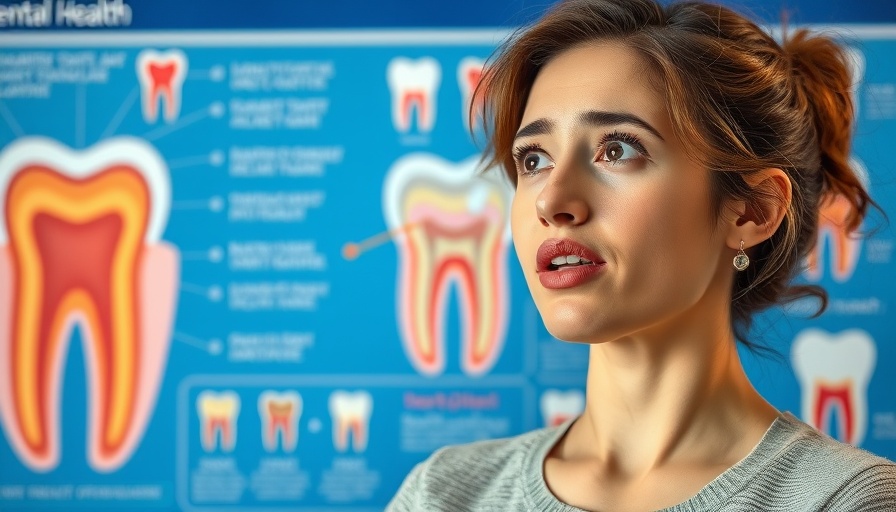
Understanding the Importance of Patient Communication in Dental Hygiene
As a patient, it’s easy to underestimate the significance of proper communication with your dental care team. A common issue faced by dental hygienists, as highlighted in the insightful video pet peeves as a dental hygienist #shorts, is when patients fail to inform them about conditions such as cold sores prior to an appointment. This seemingly small detail can significantly impact not only the treatment being provided but also the health of other patients and the dental team.
In pet peeves as a dental hygienist #shorts, the discussion dives into the importance of patient communication in dental settings, leading us to explore more about effective dental care practices.
Why Calling Ahead Is Crucial for Dental Appointments
Did you know that an active cold sore is contagious and can pose a risk to others in the dental office? By simply following the common courtesy of calling ahead to inform your dental hygienist, you allow them to make informed decisions about your care. In some cases, they may suggest rescheduling your appointment, or they might be prepared to manage the situation properly if you arrive.
Dental Hygiene Practices for Better Oral Health
Good oral hygiene isn't just limited to brushing twice a day; it encompasses a variety of practices. Understanding the essential components of a solid dental care routine can help you prevent issues like gum disease, cavities, and even save you from complex procedures such as root canals or tooth extractions. Regular dental checkups, combined with proper home care routines—such as effective flossing techniques and appropriate use of dental products like mouthwash—are vital. Make it a habit to invest in education about your dental health, staying informed about advancements in dental procedures, from veneers to implants.
The Role of Dental Professionals in Patient Education
Dental professionals, especially dental hygienists, play a critical role in educating their patients about the importance of oral health. They not only perform teeth cleaning and check for signs of disease but are also your go-to resources for learning about dental tips that could enhance your oral hygiene. Engaging in open discussions about what to expect during treatments—like braces, dental crowns, or even wisdom teeth removal—can alleviate any anxiety surrounding dental visits.
Common Dental Myths and Facts
Misinformation can affect how we approach our dental health. For instance, many believe that you only need to visit the dentist when there’s a problem. However, regular visits can provide preventative care that drastically reduces the risk of extensive procedures down the line. Additionally, understanding dental myths such as “whitening strips are safe for everyone” can lead to informed choices. Your oral health is paramount—don't leave it to myths!
Embracing the Dental Journey
Opting for treatments like Invisalign or investing in cosmetic dentistry can significantly enhance not just your smile but your confidence as well. Knowing the potential risks and benefits of each procedure is essential for your peace of mind. A healthy smile reflects your inner wellness; thus, embracing your dental journey with patience and positivity can lead to long-lasting satisfaction.
Maintaining good dental hygiene is much more than just brushing—it's about understanding how your actions today can influence your long-term oral health. So, the next time you have an appointment, take a moment to reflect on the role you play in your care. Remember, communication is key, and a simple call could save you from inconveniences down the line.
 Add Row
Add Row  Add
Add 




Write A Comment